Worcestershire UK Criticised for Low BDUK “Fibre Broadband” Take-up
The £21m Superfast Worcestershire (England) scheme shows why councils might be nervous about revealing the take-up figures for their state aid supported roll-out of BT’s “Fibre Broadband” (FTTC/P) network. A Freedom of Information (FoI) request has revealed that the county’s uptake for related upgrades is just 3.2% and naturally political opponents have been quick to criticise.
At the end of November ISPreview.co.uk published some of the first official take-up figures (i.e. premises that have subscribed in the projects upgraded areas) for the national Broadband Delivery UK (BDUK) scheme (here), which revealed that the programme in Wales was running at 12% and Dorset 7.2% (so far all of this data, including Worcestershire’s above, is to the end of September 2014).
The figures appear low, although in a general wide-area deployment (as opposed to being strictly demand-led or partly community built) it often takes a bit longer before consumers a) become aware of the new service, b) see a need for it (especially if many of the initial the upgrades occur in areas that can already benefit from good ADSL2+ speeds) and c) are willing to spend the extra £5-£15 per month premium in order to receive it.
In that respect it’s also worth noting that Worcestershire’s deployment phase only started earlier this year, unlike the more mature BDUK projects that began in 2013. As a result Worcestershire’s scheme had only managed to reach an additional 6,833 homes and businesses by the end up September (note: they’ve just hit their end-2014 target of 10,000 and ahead of schedule), which is up from only 1,400 premises during early summer (i.e. most of the premises went live during September, so we probably shouldn’t expect to see much uptake).
In a general deployment the “build it and they will come” mentality takes a lot longer to reach fruition, but the game of politics means that none of this matters.
Councillor Paul Denham, Labour, said (Evesham Journal):
“Given the financial hardship in the country and the county, is this really the best way to spend millions of pounds of taxpayers’ money when people are homeless, struggling on benefits and relying on foodbanks? Certainly the rate of sign-up is very low and that rather questions whether there is demand in the first place.
Many people will be served by the fibre optic network but may not be able to afford it and as a large, national company BT should be able to provide a universal service without public subsidy.”
It’s interesting to note that Denham’s criticism doesn’t focus any of the BDUK programme’s truly practical shortcomings, which might at least have been more understandable, but instead appears to criticise the general approach of using public money to help achieve universal coverage of superfast broadband (24Mbps+) services.
Plenty of studies have pointed to the perceived social and economic benefits of such upgrades, which over the longer term would arguably help to pay for tackling the problems that Denham highlights, although this is ignored. By comparison putting more money into tackling homeless people is all well and good but you also have to make money before you can spend it and that’s difficult to do when the country is struggling with a mountain of public debt. But common sense aside, there’s a General Election coming.
Meanwhile the Worcestershire scheme will continue to deploy towards its goal of reaching 90% of local homes and businesses by mid-2016 and hopefully 95% by 2017 (assuming enough public match-funding can be found to achieve the latter). The local authority is also planning a new advertising campaign to help raise awareness of the service.
Mark is a professional technology writer, IT consultant and computer engineer from Dorset (England), he also founded ISPreview in 1999 and enjoys analysing the latest telecoms and broadband developments. Find me on X (Twitter), Mastodon, Facebook and Linkedin.
« RCBF Supported Superfast Broadband Rollout in Rothbury Completed
Latest UK ISP News
- FTTP (5533)
- BT (3518)
- Politics (2542)
- Openreach (2299)
- Business (2267)
- Building Digital UK (2247)
- FTTC (2045)
- Mobile Broadband (1978)
- Statistics (1790)
- 4G (1669)
- Virgin Media (1622)
- Ofcom Regulation (1466)
- Fibre Optic (1396)
- Wireless Internet (1392)
- FTTH (1382)
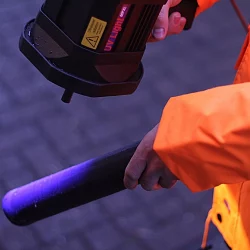

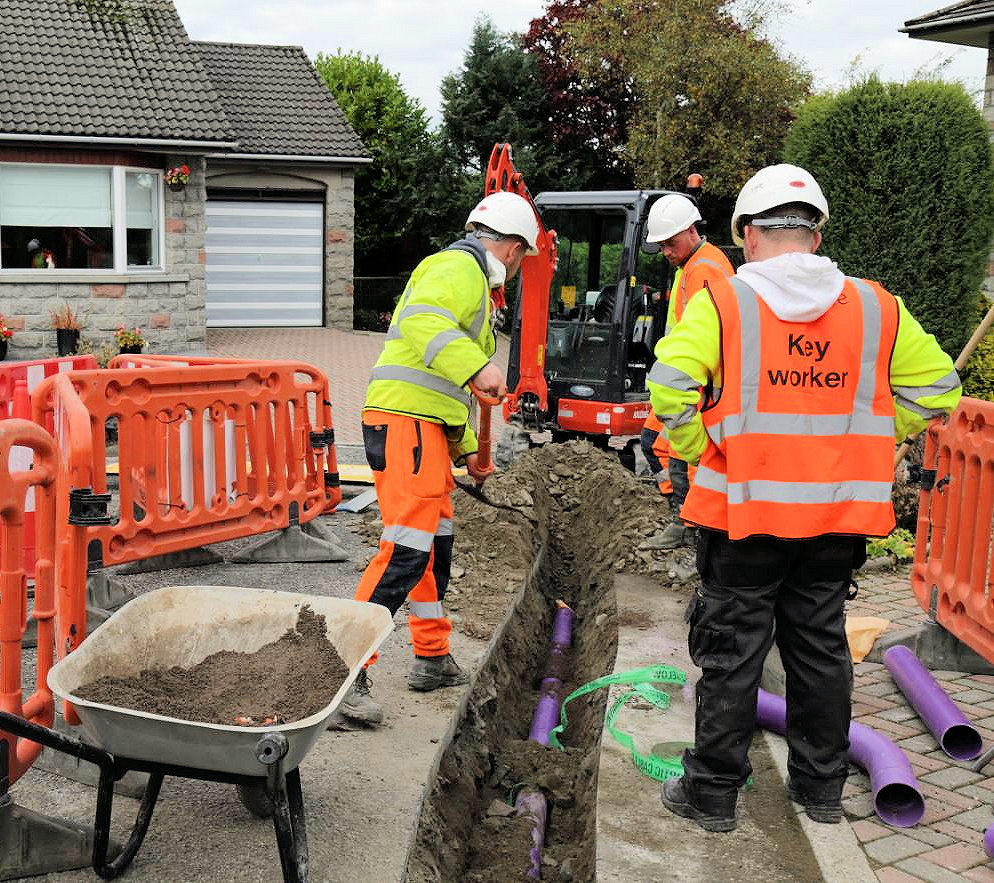

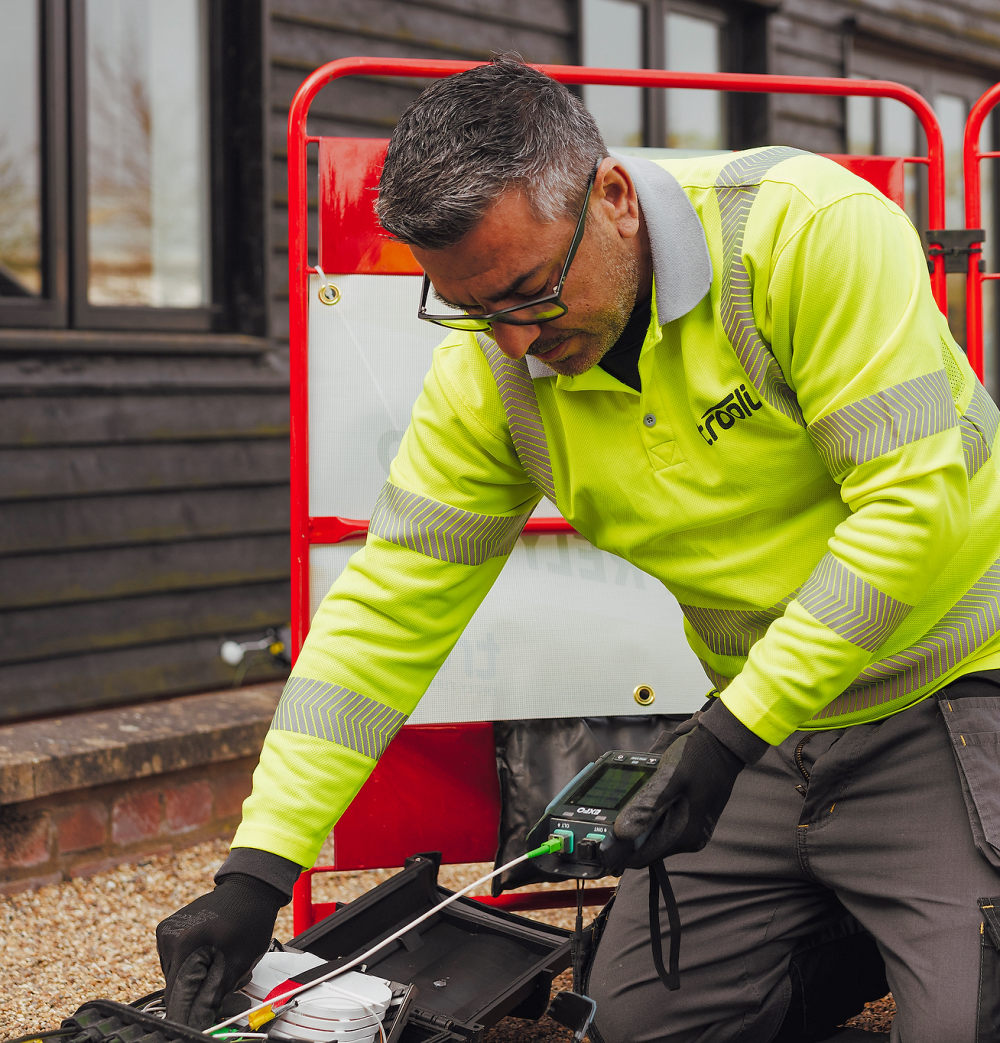
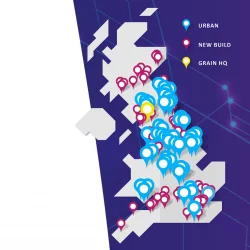

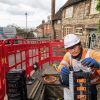

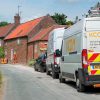







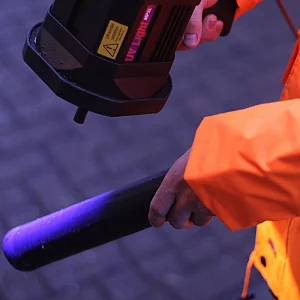

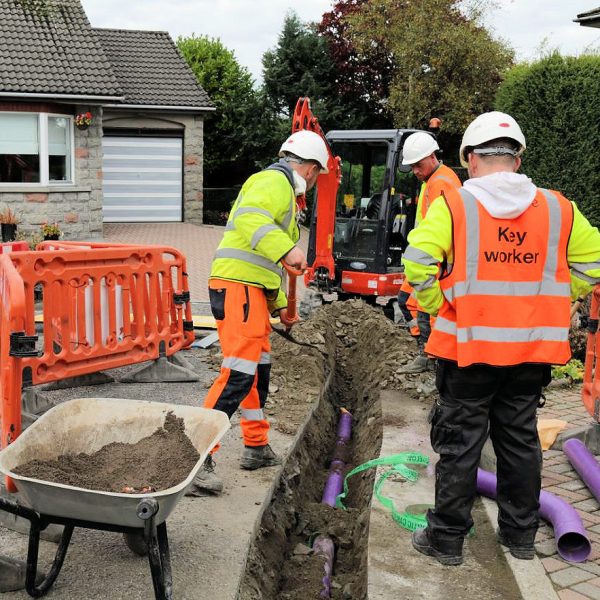

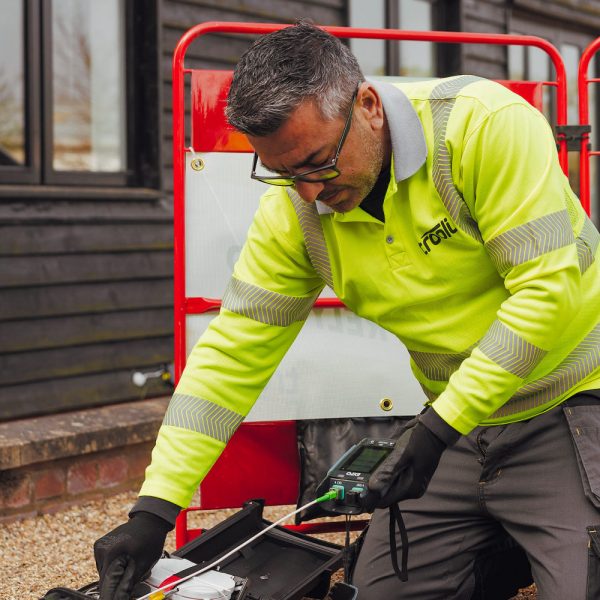


































Comments are closed